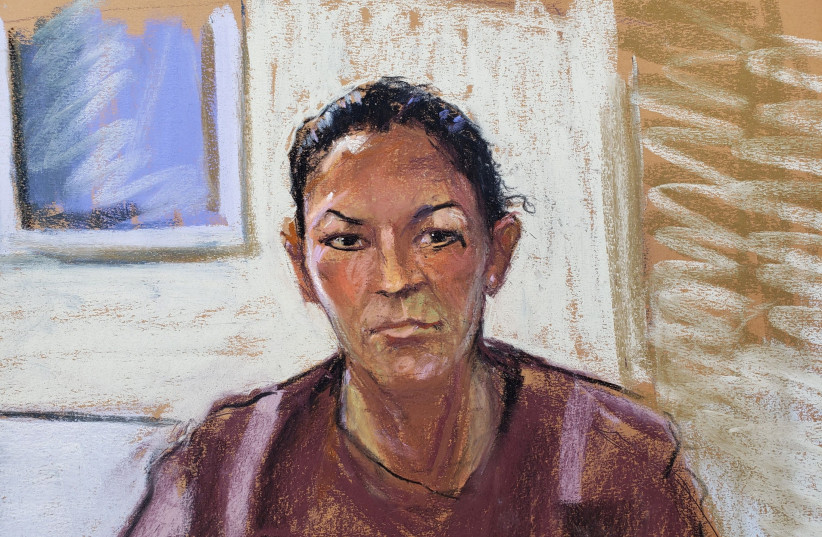Ghislaine Maxwell is expected on Tuesday to ask a US appeals court to throw out her conviction for helping Jeffrey Epstein sexually abuse teenage girls, saying a slew of errors marred the case as prosecutors made her a scapegoat because the financier was dead.
"The government prosecuted Ms. Maxwell as a proxy for Jeffrey Epstein" to satisfy "public outrage" over the case, and worked with his accusers "to develop new allegations out of faded, distorted, and motivated memories," Maxwell lawyer Arthur Aidala said in a statement obtained by Reuters.
A spokesman for US Attorney Damian Williams in Manhattan declined to comment.

Maxwell, 61, is expected to present her legal arguments in a filing with the 2nd US Circuit Court of Appeals in Manhattan.
She is serving a 20-year prison sentence after a Manhattan jury convicted her in December 2021 on five charges for recruiting and grooming four girls for abuse by Epstein between 1994 and 2004.
The daughter of deceased British media mogul Robert Maxwell is imprisoned in Tallahassee, Florida, and could be freed in July 2037 with credit for good behavior and two years she previously spent in jail.
Maxwell's lawyers had tried to discredit her accusers and claimed that prosecutors turned the socialite's case into a legal reckoning that Epstein, a registered sex offender, never had.
Epstein killed himself at age 66 in a Manhattan jail cell in August 2019, one month after being charged with sex trafficking.
Hundreds of women claimed to be victims of Epstein's abuse, and famous people, most notably Britain's Prince Andrew, who were friendly with him have seen their reputations tarred or destroyed.
Many arguments in Maxwell's appeal are expected to mirror those she made unsuccessfully before, during and after the trial.
She has claimed that Epstein's 2007 nonprosecution agreement with federal prosecutors in southern Florida, arising from alleged abuse at his Palm Beach mansion, also immunized her.
Epstein, in exchange for immunity, pleaded guilty the next year to a Florida state prostitution charge and served 13 months in jail. That arrangement is now widely considered too lenient.
What is Maxwell's argument?
Maxwell is expected to claim that prosecutors charged her long after a five-year statute of limitations expired.
She is also expected to challenge the trial judge's refusal to toss her conviction after a juror admitted having failed to disclose before trial that he had been sexually abused as a child. Maxwell has claimed that the juror, identified as Scotty David or Juror 50, used his experience to convince other jurors that she was guilty.
Lawyers for Maxwell have also said she was unable to prepare meaningfully for trial at her Brooklyn jail because of raw sewage, sleep and water deprivation, as well as surveillance resembling Hannibal Lecter's in the movie "The Silence of the Lambs."
At Maxwell's trial, the four accusers said Maxwell and Epstein at first made them feel welcome in their orbit before subjecting them into giving Epstein sexualized massages.
Prosecutors are expected to respond to Maxwell's filing before the appeals court hears oral arguments.
